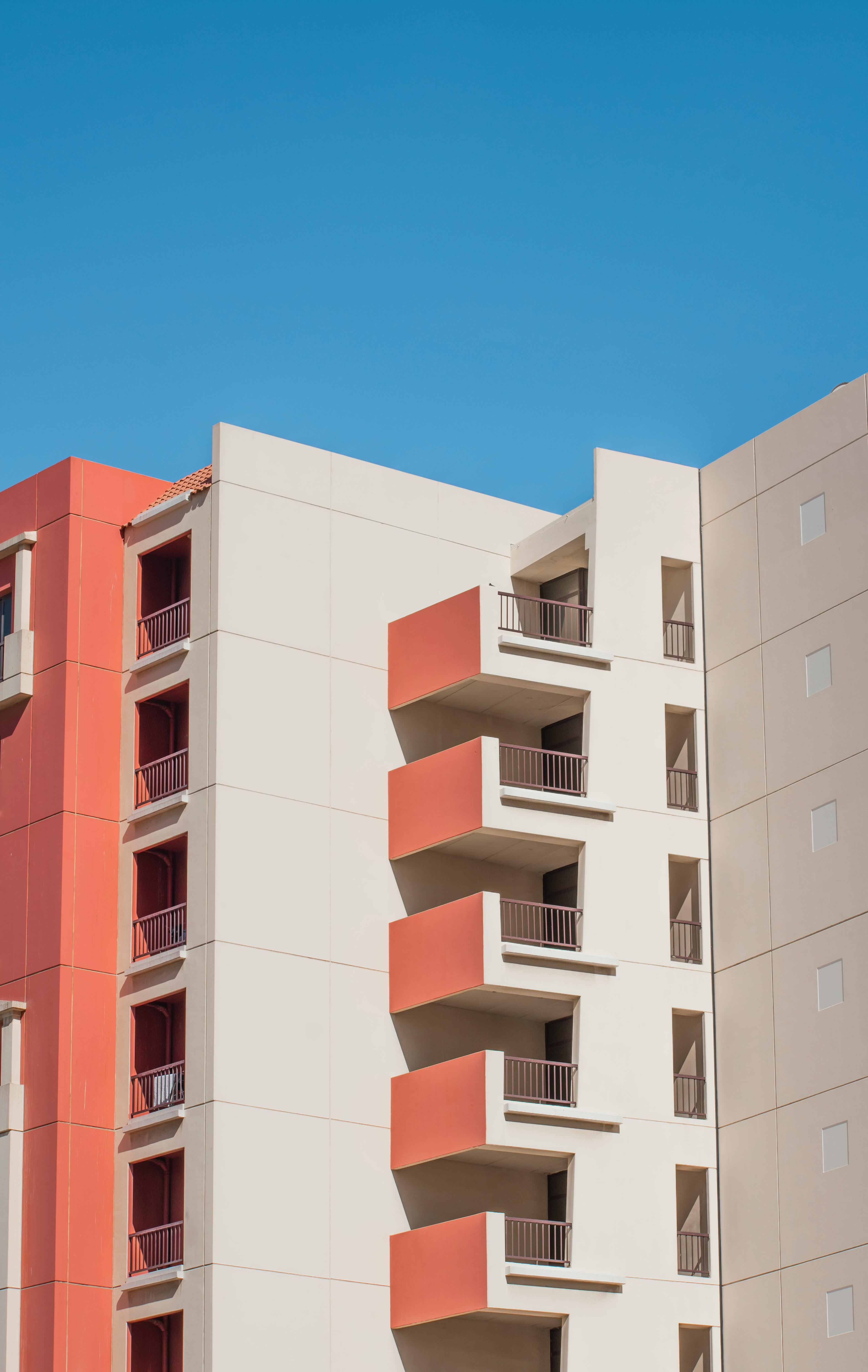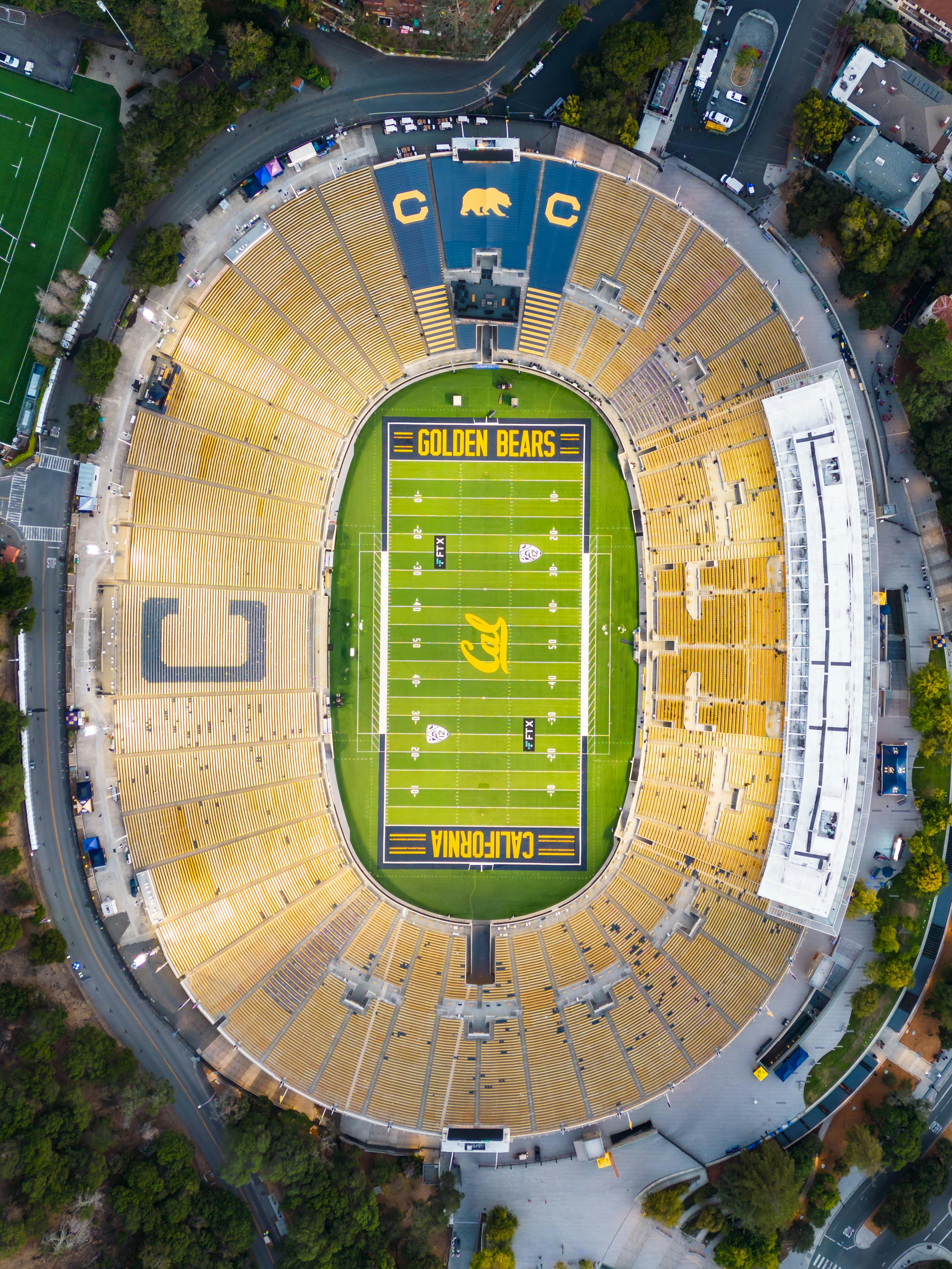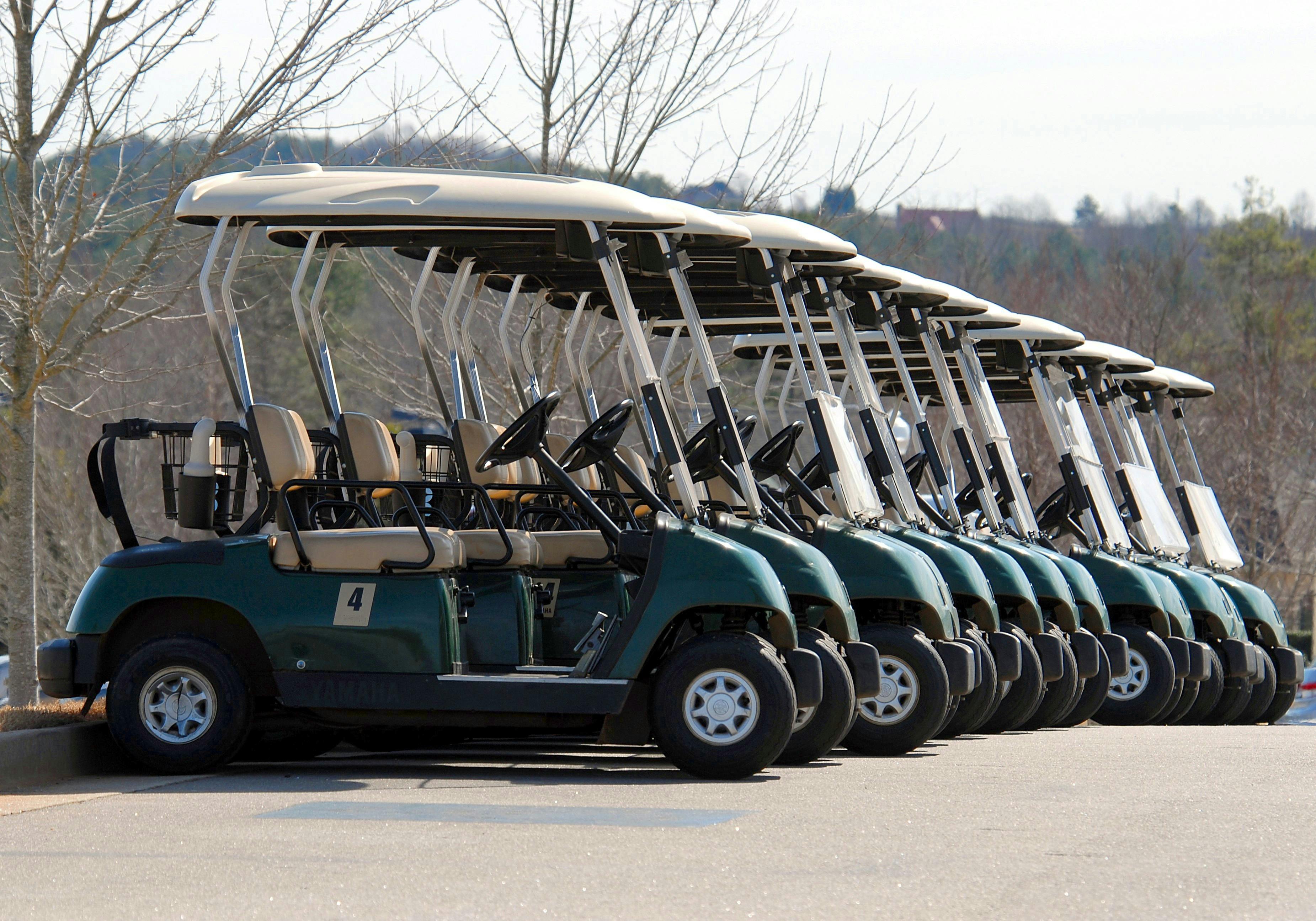Sports Complex Rental: Your Complete Guide to Facility Use
Renting a sports complex can be the perfect solution for organizing events, tournaments, or simply enjoying recreational sports. With the growing popularity of fitness activities and sports events, understanding how to effectively rent a sports complex is key to ensuring a smooth and successful experience. In this guide, we’ll explore how to rent a sports complex, tips for maximizing the use of these venues, and much more.

Understanding the Fundamentals
Sports complex rental refers to the process of renting a sports facility for personal or commercial use. Whether you’re planning a community event, a corporate team-building exercise, or hosting a professional tournament, renting a sports complex provides you with the infrastructure and space needed to accommodate large groups of participants.
The importance of sports complex rental has been rising in recent years as communities and organizations recognize the value of these multipurpose venues. These facilities often feature a variety of sports amenities, such as fields, courts, and gymnasiums, which can be used for various sporting activities. Understanding the fundamental aspects of renting a sports complex is essential for maximizing its benefits.
1.1 The Role of a Sports Complex
Sports complexes are designed to offer a variety of venues for both recreational and professional use. From soccer fields to tennis courts and indoor gymnasiums, these complexes accommodate various sporting activities. Renting these spaces allows individuals and organizations to access state-of-the-art facilities without the long-term investment of building and maintaining them.
Recent trends indicate that sports complexes are becoming a hub for community events, fitness classes, and competitive leagues. With modern amenities and flexible scheduling options, these venues can serve both casual and professional needs.
1.2 Benefits of Renting a Sports Complex
Renting a sports complex provides several key advantages. For one, it allows flexibility in hosting a variety of events and activities, from casual games to competitive tournaments. Additionally, these facilities typically come equipped with professional-grade equipment and accommodations, ensuring a high-quality experience for participants.
Moreover, renting a sports complex can be more cost-effective than constructing your own venue. It eliminates the need for long-term maintenance and provides access to the latest sports technologies, which may otherwise be out of reach for most individuals and smaller organizations.
Practical Implementation Guide
Now that you understand the fundamentals of sports complex rental, let’s dive into how you can practically apply this knowledge. From selecting the right venue to managing logistics, this section will provide actionable steps to ensure a seamless rental experience.

2.1 Actionable Steps
- Step 1: Research Available Facilities – Start by researching sports complexes in your area. Look for facilities that offer the amenities you need, such as specific types of courts, fields, or gyms. Pay attention to their booking systems and rental policies.
- Step 2: Check Availability and Rates – Contact the facility to inquire about availability on your desired dates. Make sure to ask about pricing, including any potential additional fees for equipment rental, staffing, or maintenance.
- Step 3: Plan for Event Setup – If you’re hosting an event, plan how you will set up and manage logistics, such as event scheduling, registrations, and staffing. Ensure you know the rules and regulations of the facility to avoid issues.
2.2 Overcoming Challenges
While renting a sports complex is generally straightforward, there are common obstacles that renters may encounter. One challenge is finding available dates during peak seasons. Many sports complexes are heavily booked, particularly for high-demand sports like soccer, basketball, or tennis. Planning well in advance can help mitigate this issue.
Another challenge is managing unexpected weather conditions for outdoor venues. Be sure to check the facility’s weather policy and consider alternative indoor spaces in case of cancellations or delays. Many sports complexes also offer flexible rescheduling options, so it’s important to communicate your needs ahead of time.
Advanced Applications
Once you’ve mastered the basics of renting a sports complex, it’s time to explore advanced strategies for optimizing your experience. These advanced techniques can help you scale your events or maximize the potential of the space.

3.1 Hosting Large-Scale Tournaments
When hosting large tournaments or competitions, it’s important to plan every detail meticulously. Ensure that the sports complex offers the necessary infrastructure to accommodate large crowds, such as seating, food and beverage services, and parking. You’ll also need to coordinate with event coordinators to ensure that matches run smoothly, with adequate breaks and time slots.
Consider integrating digital scheduling systems to streamline the management of tournament brackets and game times. This will help both participants and spectators stay informed about the event’s schedule, reducing confusion and delays.
3.2 Partnering with Sponsors
If you’re organizing an event at a sports complex, partnering with sponsors can provide additional funding and enhance the overall experience. Sponsors can help cover costs such as facility rentals, equipment, or prizes. In return, they can receive exposure through branding and signage at the venue.
Consider aligning with local businesses, national brands, or fitness-related companies to secure sponsorships that can help elevate the event. Make sure to offer a clear value proposition for potential sponsors by demonstrating the exposure they’ll receive at your event.
Future Outlook
The future of sports complex rental looks promising, with innovations in technology and facility management likely to improve the user experience. For example, virtual booking platforms and enhanced mobile applications will make it easier for renters to secure their preferred time slots and manage event logistics in real time.
Additionally, with the increasing emphasis on fitness and wellness, sports complexes will continue to evolve to meet the demands of various sports enthusiasts. Expect to see more diverse offerings, such as fitness classes, esports tournaments, and integrated wellness programs, making sports complex rentals even more attractive in the coming years.
Conclusion
Renting a sports complex offers numerous benefits, from access to professional-grade facilities to flexibility in event management. By following the practical steps outlined in this guide, you can ensure a successful rental experience. Whether you’re hosting a casual event or a large-scale tournament, knowing how to navigate the rental process will help you make the most of these valuable resources.
Ready to book your sports complex? Start by researching your options and planning your next event to ensure a seamless experience. Don’t hesitate to reach out to local venues and explore the possibilities!
Frequently Asked Questions
- Q: How can I find a sports complex near me? Use online booking platforms or visit local community centers to find sports complexes available for rent in your area. Many facilities list their availability and amenities online.
- Q: What are the costs involved in renting a sports complex? Rental costs vary depending on location, facility size, and amenities. Prices can range from $100 to $1,000 per hour, with additional fees for equipment and staffing.
- Q: How far in advance should I book a sports complex? It’s recommended to book at least 1-2 months in advance, especially during peak seasons. Early booking helps ensure availability and secures better rates.
- Q: Can I rent a sports complex for multiple days? Yes, many sports complexes offer multi-day rental options, especially for tournaments or extended events. Be sure to inquire about any discounts for extended bookings.
- Q: What types of sports can be played at a sports complex? Sports complexes typically accommodate a wide range of activities, including soccer, basketball, tennis, volleyball, and more. Some complexes even offer specialized spaces for esports, swimming, and indoor fitness.
- Q: How do I ensure my event runs smoothly? Planning ahead, securing necessary permits, coordinating with event staff, and using digital scheduling tools will help your event run smoothly. Always have contingency plans in place for weather disruptions or other unexpected issues.
- Q: Are there sports complexes with special amenities? Yes, some sports complexes offer specialized amenities like locker rooms, media rooms, VIP seating areas, and catering services. Be sure to ask about these options when booking a venue.